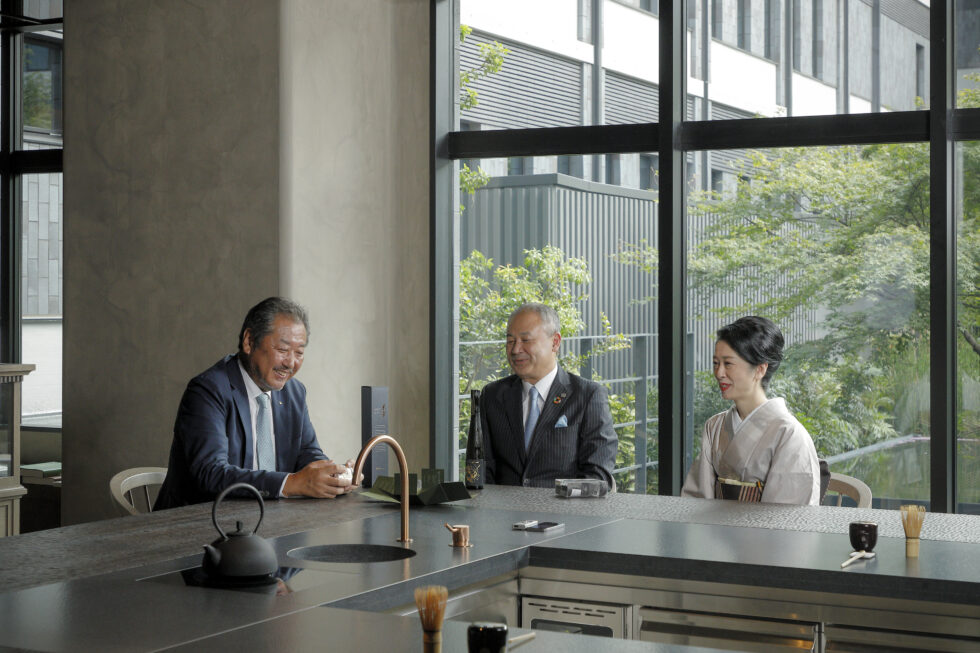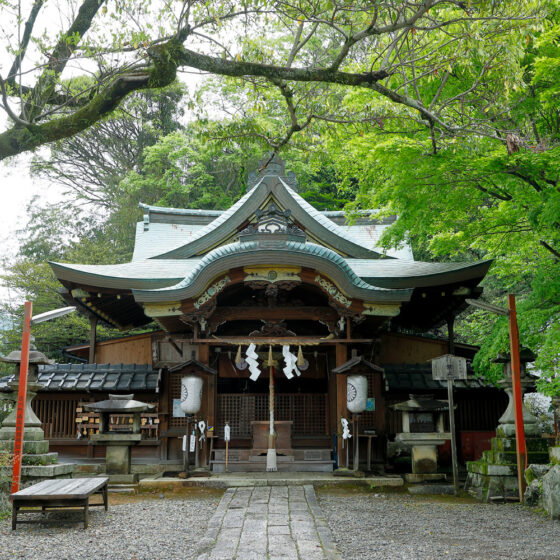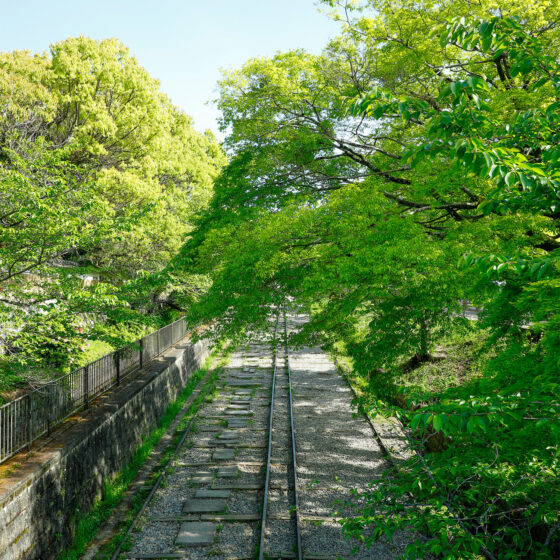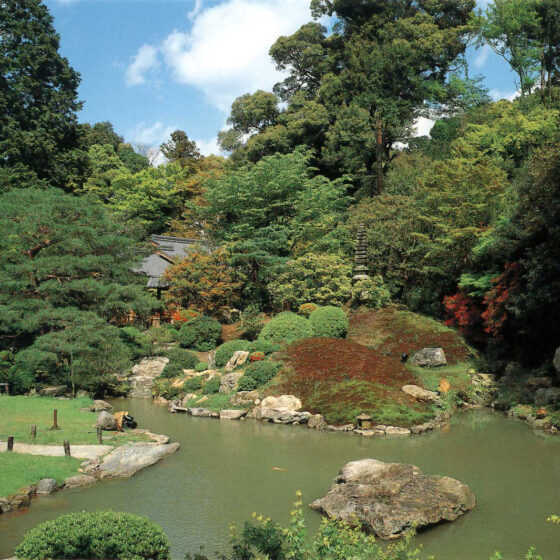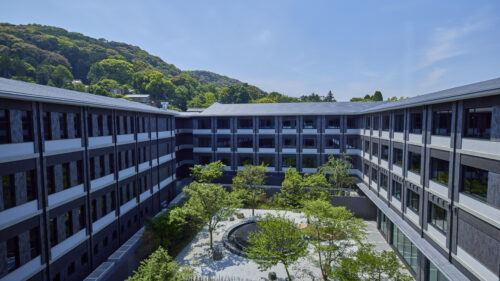- In July 2022, the Hotel Higashiyama opened in Higashiyama in Kyoto Prefecture. At the core of this new hotel is the traditional culture of Japan that has been valued throughout history. The hotel is located in a historical area that is the birthplace of Awata-yaki, which included the production of tea ware, and due in part to this, particular effort has been placed in crafts and tea culture. Embodying these efforts is the Tea & Bar “Sarei produced by Gion Tsujiri” located in the hotel lobby. The Tea & Bar producer, Gion Tsujiri, is a long-established provider of Uji tea. Gion Tsujiri president Masaaki Miyoshi joined Tokyu Hotels president Jun Murai and the Hotel Higashiyama general manager Terue Ogawara to talk about tea culture and the hotel.
MiyoshiThe name Sarei refers to tea etiquette as it is called in the Zen Buddhist religion. During the 3 o’clock snack, the monks shared tea and used the time to relax mentally and physically. In the same way, I want guests to enjoy a relaxing time with a cup of tea while enjoying the view of the garden. That desire has been incorporated into the Tea & Bar.
MuraiOne of the things the hotel values is the tradition of “hospitality through tea”. The collaboration with Gion Tsujiri is an excellent example of this. Gion Tsujiri was founded in Gion over 70 years ago, and with your extensive experience, I hope you will be able to teach us not only how to enjoy green tea but also how to use it as part of providing hospitality. 
Masaaki Miyoshi
President & Representative Director, Gion Tsujiri Corporation-
OgawaraThe Tea & Bar is one of the key places at the hotel. Here, it is possible to enjoy sencha, houjicha and matcha. As Japanese, we drink tea as part of daily life, but I was surprised to learn many people do not know that the temperature of the water and how the tea is brewed affect its flavor. By purposely offering Uji tea, I want guests to experience the true flavor of tea. Also, I believe the opportunity to learn about hospitality through tea has been a valuable experience for the hotel’s employees.
MiyoshiIncorporating tea into hospitality is certainly not difficult. As conveyed in the saying “everyday occurrence (of tea and rice)”, both tea and rice are a part of daily life. Traditionally, Japanese people drank tea. However, starting from around the Osaka World Fair in 1970, the trend shifted to Western beverages such as coffee. Tea was left behind. I hope the Tea & Bar will enable guests to return to their roots and rediscover the virtues of tea. The memories of encountering delicious tea during their trip to Kyoto will remain with them even after returning home. Hopefully, they will start brewing and drinking tea at home, too. 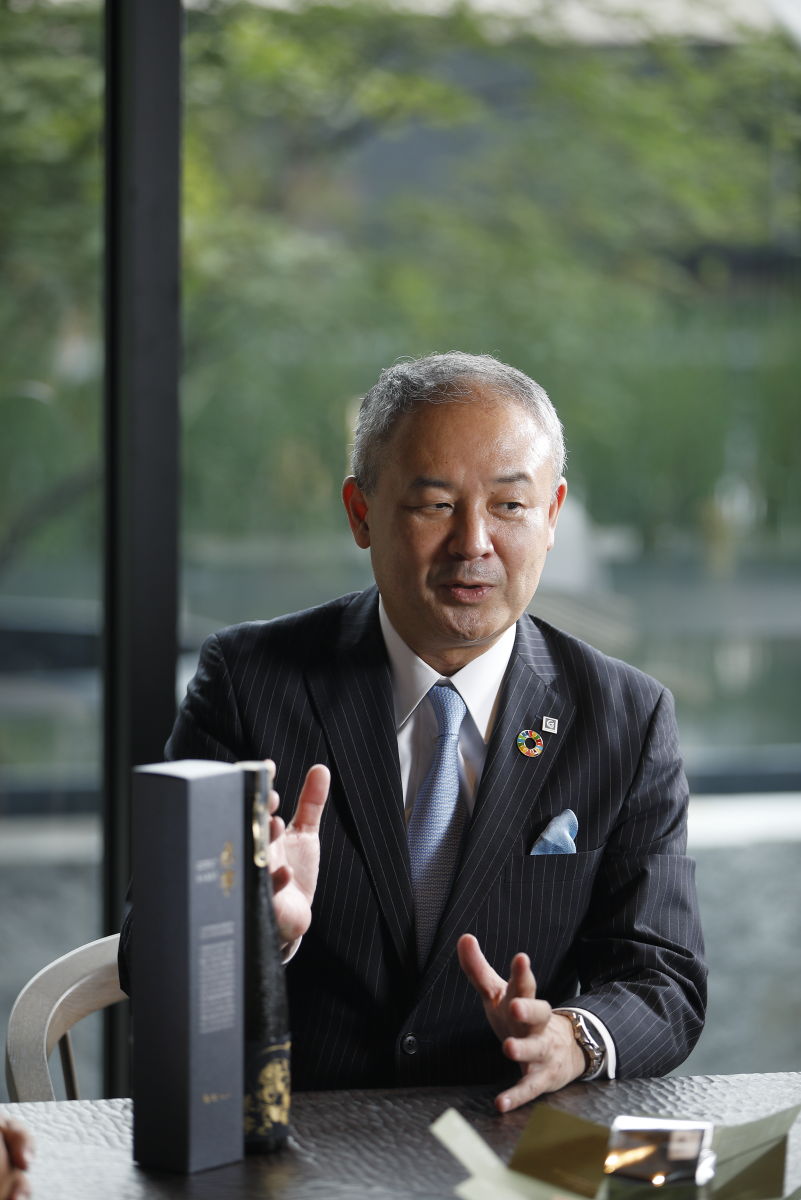
Jun Murai
President & Representative Director, Tokyu Hotels Co.,Ltd.-
MuraiExperiencing hospitality and culture is a major theme at the Hotel Higashiyama. The Awataguchi area where the hotel is located is home to Awata-yaki pottery, which includes tea ware. By exhibiting such pottery items, I hope guests will learn a little more about history.
Miyoshi I agree. Visiting historical buildings such as shrines and temples is enjoyable, but experiencing the daily life of the local people is equally valuable. Walking the streets and encountering normal daily life of Kyoto residents can be one of the highlights of the trip. The same is true about experiencing tea.
OgawaraThe new “The Hotel Higashiyama” is oriented toward extended stays, and it is ideally located for exploring the Rakuchu and Rakuhoku areas. Houjicha is provided in the guest rooms and served at breakfast, making it possible for guests to experience a part of daily life in Kyoto. The Japanese food menu even includes Obanzai dishes. Many of the dishes use the same ingredients that are used by local Higashiyama residents, including Chidori Vinegar and locally made tofu. The daily flavors of Kyoto can be found at the hotel. 
Terue Ogawara
General Manager, THE HOTEL HIGASHIYAMA by Kyoto Tokyu Hotel-
MuraiIncluding your bottled green tea “Sarei”, Gion Tsujiri incorporates current trends in the visuals, such as the package design and creates added value. While being a traditional company, it is impressive to see your ongoing efforts to remain at the forefront and innovate.
MiyoshiWe are constantly thinking about different styles for enjoying and drinking tea. Tea leaves were previously sold in cans, but in a survey conducted in 2011, we learned that 80% of customers throw the cans away in the garbage. Cans are opaque and unaffected by humidity. However, a wide variety of containers are available today. Cans are not the only option. So we came up with the idea of wrapping the tea leaves in a single sheet of paper based on the image of a cloth-wrapped bundle, In addition, we print instructions for brewing good tea on the inside. The important thing is to protect good tasting tea and the culture and pass it down to future generations while adjusting it to fit modern trends.
MuraiWhile remaining true to the way of tea, you flexibly propose new ways to enjoy tea. I think I have much to learn from you. This year, the Tokyu Group celebrated its 100th anniversary. Similar to your efforts to protect tradition while continuing to innovate, we will continue to expand our hospitality through new ideas.
ENGLISH CONTENTS
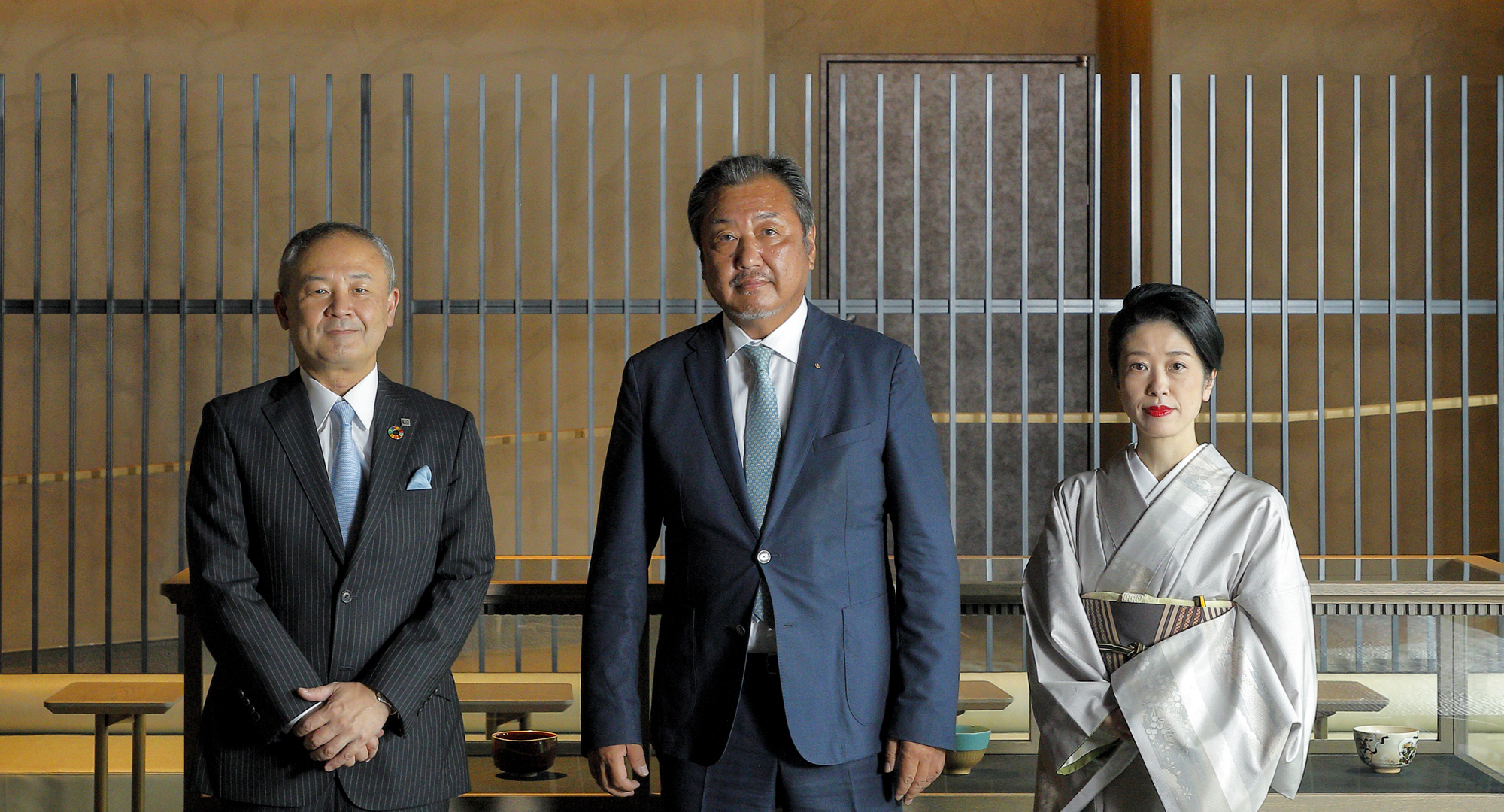
2022.09.16
ENGLISH CONTENTS
Learning from hospitality of tea ceremony
- TEXT
- Shinobu Nakai
- PHOTO
- Makoto Ito
- Share
-
STAY
-
THE HOTEL HIGASHIYAMA KYOTO TOKYU, A Pan Pacific Hotel
-
〒605-0033157-2, Ebisucho Higashiyama-ku, Kyoto-shi, Kyoto-fuTEL.075-533-6109FAX.075-533-6122



